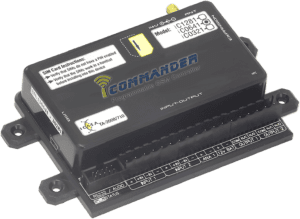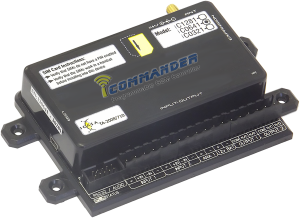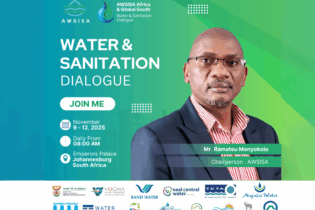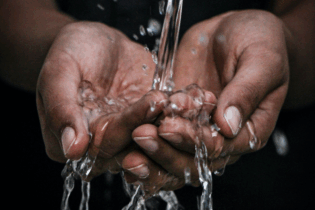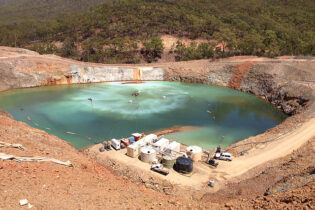According to Leibbrandt, the i-Commander dramatically reduces costs related to investing in large capital-intensive programmable logic controller (PLC) technology, and on time spent on physical monitoring.
“With this technology, preventative inspection trips only need to be carried out occasionally, as the user has access to all vital system information at the palm of his hands.” The i-Commander can be used on almost any equipment, including; cool rooms, power supply, pivots, boilers, pumps and generators. “A wide variety of devices or conditions can be monitored, controlled and reported on by a single i-Commander through customisation. If an operation expands, it is possible to add multiple i-Commanders to the system too,” adds Leibbrandt. Filter Focus pre-sets the controller for its clients’ particular needs, and also provides training for those who are interested in operating the device independently. It is battery-powered, can be charged directly from a standard electrical outlet and only requires a positive airtime balance to make calls and send messages. “It does not use a specific cellular network, and requires an application-specific antenna to connect to the network for communication. It is a long-term and cost-effective solution that requires very little maintenance,” Leibbrandt concludes.
As South Africa remains in the grip of its most devastating drought in three decades, water-intensive industries are under more pressure than ever to conserve this precious resource more efficiently.
With capital budgets also under strain, the i-Commander control and telemetry device offers an ideal solution to this ongoing crisis.
The i-Commander is exclusively available in the local market through Filter Focus, and provides the end-user with the convenience of monitoring and controlling water levels, temperature and possible contaminations remotely via a cellular phone sim card.
This makes it ideally-suited to numerous applications, including; water and wastewater treatment plants, municipalities, water utilities, agriculture and mining – which are all currently under pressure to do more to reduce wastage.
Filter Focus product engineer Drew Leibbrandt explains that users can enter numerous contact numbers onto the system that will receive short message texts should anything go wrong.
“The device sends alerts directly to any cellular phone number. It will first send a text, followed by a call. The time and date of the initial incident, and when it was resolved, will also be stored onto the system’s history, and the user will be able to trace which numbers the alerts were sent to.”
Less time on physical monitoring

